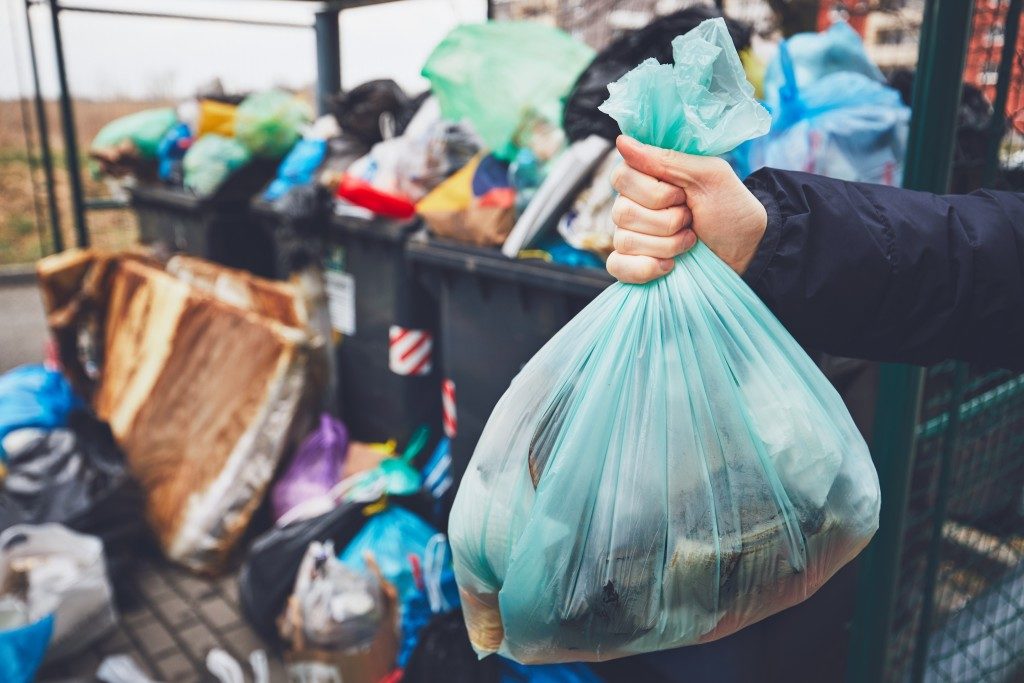As kids, we’re taught about the three Rs of waste management in school: reduce, reuse, and recycle. This is one indicator of the importance of waste management. Unfortunately, not a lot of people handle and organize their waste properly.
This happens even though they know the consequences of improper waste management. For example, according to a 2014 survey, 83 percent of the respondents know that improper waste management can lead to health problems.
Now more than ever, everyone needs to make an effort to properly handle their waste not just for the sake of their health but also to save the environment.
One way to promote waste management is to conduct training programs.
Contents of a Waste Management Training Program
Training programs on waste management usually have the same content, such as the different types of waste, how to manage and dispose of them, which items can and can’t be recycled, etc. Participants might also be taught about new trends in waste management and technological advancements.
Other related topics may also be shared. The importance of waste management will definitely be discussed as it clarifies why people should participate in the program in the first place.
Also, community organizers may introduce community members to career opportunities to apply what they learned from the program. For instance, amid a global pandemic, there is a huge opportunity to open a janitorial service franchise, which involves waste management.
Benefits of Community-level Waste Management Training
There are many free and paid waste management programs online. Anyone can take them. But while they provide participants with general knowledge on waste management, they may not be effective to implement on a community level. This is because each community has its own needs. That said, authorities must conduct community-level waste management programs as they will be more effective.
More Tailored Approach
Taking a community approach to waste management training is better since the content will be tailored and specific to the participants. For example, authorities will need to perform a training needs assessment (TNA) to determine what they need to include in the training’s content.
With data from the TNA, the authorities can create a training program that aligns with the needs of that specific community. Perhaps the community members already know about segregating waste properly but don’t properly handle different waste types. This knowledge will help community organizers ensure that the training focuses on filling that knowledge gap.
Also, if the content of a training program is specific to the community’s needs, it will be more relevant to community members. So they’ll be more interested and more willing to participate.
Removing the Cultural Barrier
Conducting training on a community level can help authorities overcome cultural barriers. Say a certain community is mostly composed of Hispanics. Because a training program will be created for this specific community, organizers can make content adjustments to communicate with their participants properly.
For instance, resource materials will be provided in both English and Spanish versions. Also, organizers can present case studies that involved people from similar Hispanic communities. This way, participants can easily relate to the case studies. They’re also more likely to actively engage in the training program if organizers attempt to overcome existing cultural barriers.
Community as the Motivator

Often, a person’s willingness to implement changes is influenced by the people around them. This can be associated with the sense of belonging that people naturally crave.
When the community members learn waste management together, they can become each other’s motivators to apply what they learned. For example, at first, a family may be forced to adopt waste management strategies they learned to keep up with their neighbors. This can also give them the feeling of being active members of the community. And with repetition, the changes will become natural to them in the long term.
Community members can also help each other out if they learn proper waste management together. Maybe someone didn’t fully understand the process of food waste composting. Their neighbors can teach them instead. This way, that person will feel a sense of belonging, seeing that their neighbors got their back.
Targeting communities one by one can be the best approach in promoting proper waste management. This approach will lead to tailored and relevant content that communities can better appreciate. Organizing a community-level training program will be more time-consuming. It will also involve more work. But if the benefits outweigh the drawbacks, the extra work will be worth it.



